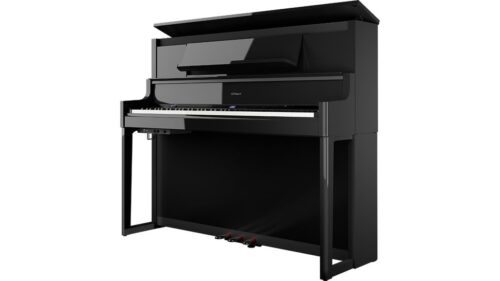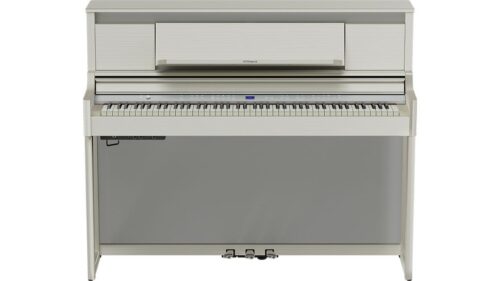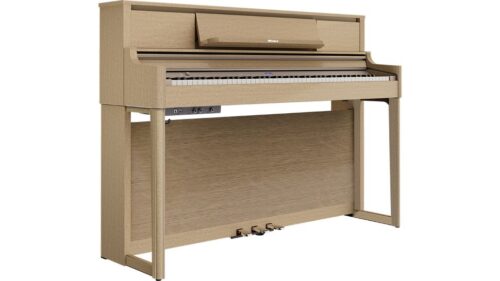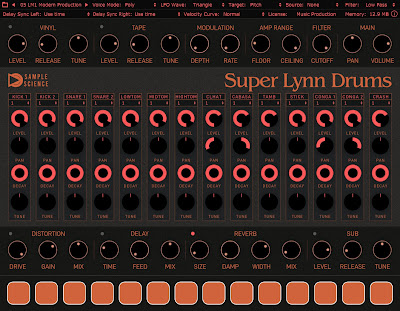iZotope Relaunches Trash Distortion Plugin
iZotope relaunches fan-favourite distortion plugin with free Lite version. The new version of Trash has been equipped with an envelope follower and a “scream filter”, along with a redesigned interface and parameter randomization.
iZotope has announced a relaunch of its popular distortion plugin Trash. Arriving with a redesigned interface, new features, and support for AUv3, Trash is also available as a free version with limited features, Trash Lite.
Originally released in 2003, Trash was a multiband distortion plugin that was later upgraded to Trash 2 in 2012 before being discontinued in 2022. iZotope tells us that the new version combines the “most popular features” of the original with a “modern design”.
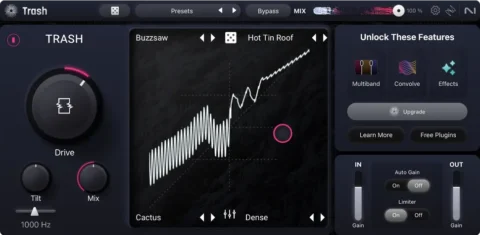
Trash’s interface is based around two modules; on the left-hand side you’ll find the Trash module, which offers 60 distortion types covering everything from subtle saturation to all-out sonic destruction. Above this is the multiband display, where you’re able to select different distortion settings for customizable frequency bands.
On the right, you can control Trash’s convolution reverb, which comes with over 600 impulse responses spanning everything from piano cabinets to reversed reverbs and underwater recordings. You’re able to load in your own impulse responses too.
Both modules feature an XY pad that can be used to blend between four distortion algorithms or four impulse responses. The new version of Trash also features an envelope follower, which can be used to modulate distortion parameters, and a resonant “scream filter”. You’ll also find a Dice Roll button for parameter randomization.
iZotope has also announced a free version of Trash. Trash Lite features the Trash module and the randomization function, along with the intelligent auto-gain and limiter settings found in the paid-for version.
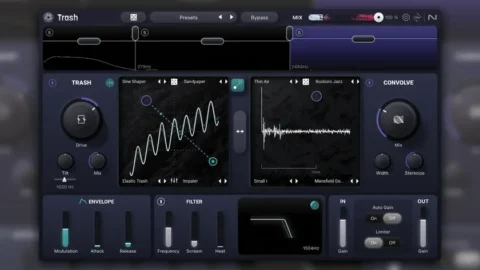
Trash is available as an AUv3 plugin for iPad, along with a desktop version for macOS and Windows in VST3/AU/AAX. It’s priced at $99/€109/£95 but is available for a limited time at an introductory price of $79. Owners of the previous versions will not receive a free upgrade, but will be able to upgrade for a discounted price.
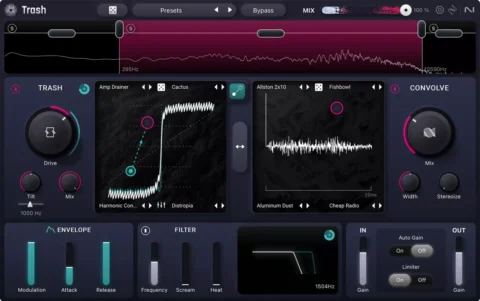
Find out more on iZotope website.
